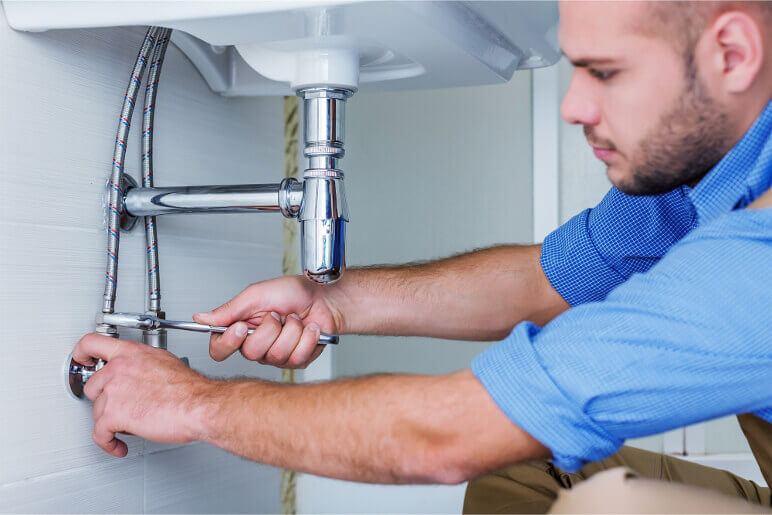
Preserving the Flow: The Importance of Plumbing System Maintenance
Maintaining a well-functioning plumbing system is crucial for the overall health and comfort of your home. Explore the key aspects of plumbing system maintenance and learn how regular care can prevent issues and extend the longevity of your plumbing infrastructure.
Regular Inspections: A Preventive Approach
Regular inspections are the cornerstone of effective plumbing system maintenance. Periodically check for leaks, inspect visible pipes for signs of corrosion, and ensure that water pressure is consistent. Identifying potential issues early on allows for prompt repairs, preventing minor problems from escalating into major plumbing emergencies.
Addressing Leaks Promptly: A Stitch in Time Saves Nine
Leaky pipes can lead to water damage, mold growth, and increased utility bills. Addressing leaks promptly is essential for plumbing system maintenance. Regularly check for drips, puddles, or water stains, and fix any leaks immediately. This proactive approach prevents both structural damage and unnecessary water wastage.
Clearing Clogs: The Battle Against Blockages
Clogs in drains and pipes are common plumbing issues that can disrupt the flow of water. Invest in drain covers to prevent debris from entering, and use a plumbing snake or environmentally friendly drain cleaners to clear minor clogs. Regularly maintaining clear drains contributes to the smooth operation of your plumbing system.
Water Heater Maintenance: Ensuring Hot Water Availability
Your water heater plays a vital role in daily activities, from showers to dishwashing. Regular maintenance is essential to ensure its optimal performance. Flush the tank periodically to remove sediment buildup, check for leaks, and inspect the heating elements. Proper water heater care contributes to energy efficiency and a longer appliance lifespan.
Sealing and Insulating Pipes: Guarding Against External Factors
Sealing and insulating pipes is a preventive measure that safeguards your plumbing system against external factors. Insulation prevents pipes from freezing during cold weather, reducing the risk of bursts. Proper sealing also protects against pests and contaminants. These simple steps are integral to plumbing system maintenance.
Checking for Water Pressure Issues: Striking the Right Balance
Inconsistent water pressure can be a sign of underlying plumbing issues. Regularly check for variations in water pressure and address any problems promptly. Balancing water pressure ensures that all fixtures and appliances receive an adequate supply, preventing damage and maintaining the efficiency of your plumbing system.
Investing in Professional Inspections: Expert Eyes on Your System
While DIY maintenance is beneficial, periodic professional inspections are invaluable. Plumbers can conduct thorough assessments, identify hidden issues, and provide preventive solutions. Investing in professional inspections as part of your plumbing system maintenance routine can catch potential problems before they become major headaches.
Educating Household Members: Shared Responsibility
Plumbing system maintenance is a shared responsibility within a household. Educate family members about water-saving practices, proper use of fixtures, and the importance of reporting issues promptly. Creating awareness fosters a collective commitment to preserving the plumbing system’s integrity.
Plumbing System Maintenance: Your Link to Hassle-Free Living
For comprehensive insights and resources on plumbing system maintenance, visit Plumbing System Maintenance. Incorporating these practices into your routine ensures a hassle-free living experience, minimizes the risk of emergencies, and extends the life of your home’s plumbing infrastructure. Prioritize plumbing care today for a more comfortable and worry-free home.

